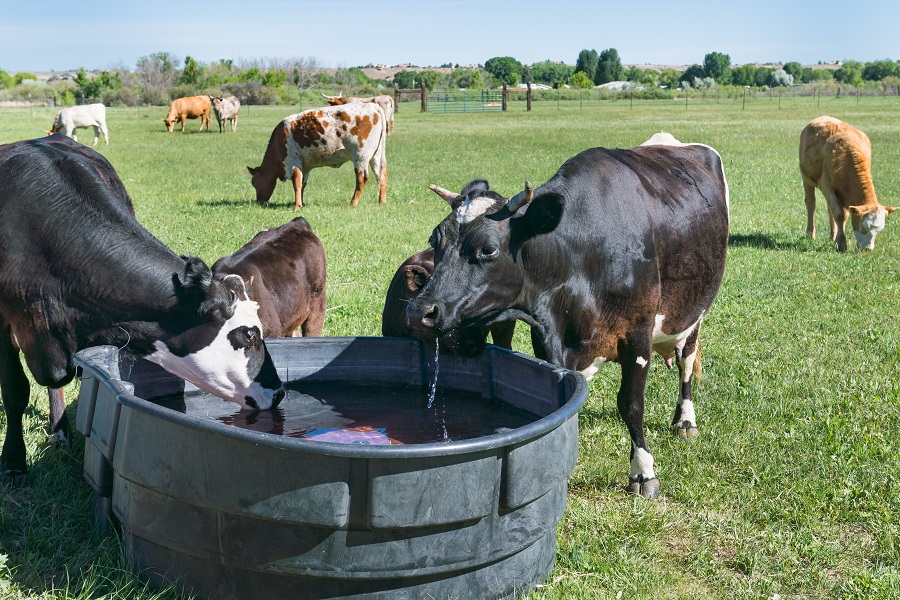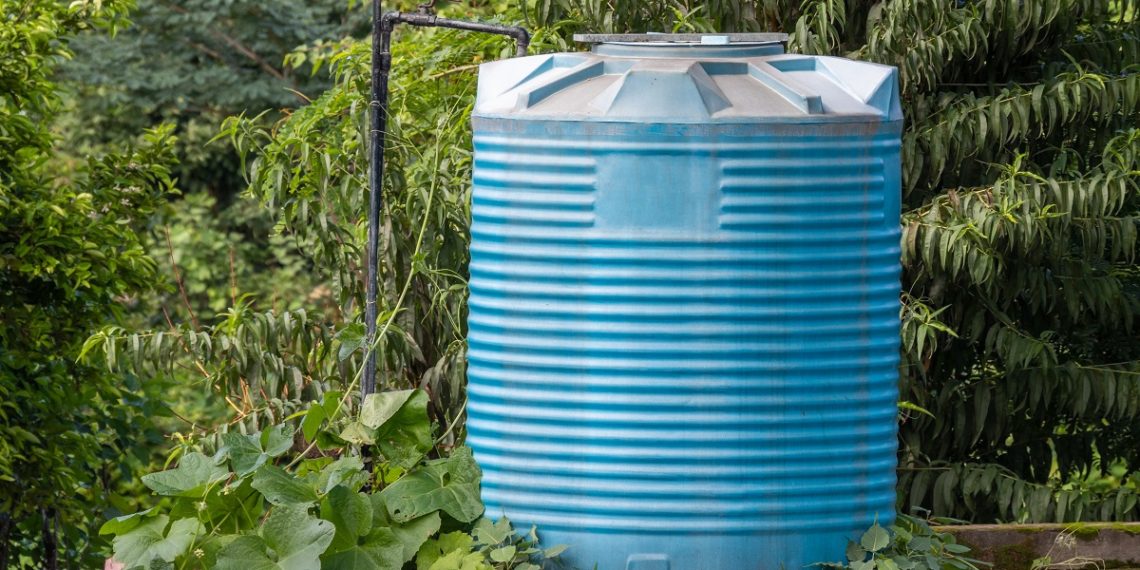Since water is a scarce resource, most farmers prefer having storage tanks that help them replenish the water supply on their farms. Besides storage, you can use water tanks as treatment plants for water on your farm for crop and animal use.
For such reasons, you must install the best tank that caters to all your farm water needs. Consider these factors when choosing a water tank for your farm:
Purpose Of The Water Tank

Farms require water for chores like watering the crops and cleaning equipment and farm structures. Your livestock also needs to drink clean water. In most cases, you must store enough water to fulfil all these needs. The first step in choosing a water tank is determining its purpose and how you’ll use it. For instance, if you want a tank for watering animals, you’ll usually need to move it from one corner of your farm to the other. In such a case, you’d want to select a water tank ideally suited to carting water. Such tanks are also suitable if you rely on fetching water from a nearby river or dam.
Otherwise, a fixed water tank connected to the roof gutters should suffice if you primarily depend on rain.
Size Of The Water Tank
Depending on the errands you run on your farm, the tank size will determine how much water will be available for use. Enough water on your farm ensures you can run all farm activities smoothly. It’s usually hectic to experience water shortage on your farm. Your animals will suffer from thirst, crops may start drying up, and the equipment and farm structures will be pretty dirty. Whether your farm is a revenue-generating project or a hobby, these aren’t ideal conditions.
For accurate results, you can seek advice from your preferred tank manufacturer. They’ll first examine the size of your farm and all the mainstream activities you engage in. They will be able to help you determine an appropriate tank size for your farm because they have handled several similar cases. They’ll also consider other factors like the presence or absence of supplementary water sources.
Cost Of The Water Tank
The cost of your tank is determined by several factors, including its size, quality, and materials used to construct it. You don’t have to spend a fortune on the right tank for your farm. When choosing one, take time to shop around and pick the most budget-friendly option. That doesn’t necessarily mean going for the cheapest in the market, as they may be of inferior quality. The idea is to compare the prices and features and strike the best deal.
In addition, transportation and installation fees may increase the overall cost of the water tank. Enquire from your seller about all the extra expenses you’ll incur apart from the actual purchase cost. Some include the transportation and installation fees in the tank’s price, while others charge for these separately.
The Material Used To Make The Tank
Before settling on a tank, you need to assess the material used to make it. Each material is suitable for specific uses.
Here are some of the materials used to make water tanks, plus their pros and cons:
Concrete Water Tanks
Pros
- They have a longer life span.
- They’re suitable for storing water for later use since they discourage algae growth.
Cons
- Concrete tanks are expensive to put up.
- They can crack if the construction is substandard.
Fibreglass Water Tank
Pros
- They don’t rust.
- It can be easily transported.
Cons
- Not suitable for use in hot areas since they readily crack.
- They are relatively expensive.
Plastic Water Tanks
Pros
- They are the cheapest and most popular.
- They hardly crack.
Cons
- They aren’t suitable for underground storage.
Metal Or Steel Water Tanks
Pros
- Can be built to a large capacity.
- They come in various shapes.
Cons
- Over time, the metal tanks may corrode and rust.
The Space Available
Before purchasing and installing a tank, you must identify a strategic location for its setup. Bigger farms may accommodate tanks of any shape and size, giving you considerable flexibility in your choice. However, if your farm is small, you’ll have to choose a tank of the corresponding size. Alternatively, go for modern space-saving designs instead of the conventional cylindrical types. For instance, you can install a rectangular tank with a small width and considerable length and height to save space. For maximum space-saving, you could also consider installing underground tanks.
Aside from the tank itself, you’ll also need to factor in the space for accessories like vents, overflow, inlets, ladders, perimeter guardrails, liquid level indicators, discharge nozzles, and roof access.
The Seller’s Reputation
It helps to work with known manufacturers as their tanks have been tested and tried and are already used by many farmers. Contrariwise, new entrants in tank manufacturing may not have a verifiable track record of excellence.
You can also ask for input from a customer already using a similar tank. If it has served them for a long time, you can also count on it for durability. However, if they’ve had issues like leaks and collapse, you’d better go for another brand or model.
Credited vendors may also offer free installation and other after-sale services as their broad customer base allows them to leverage economies of scale. In addition, they have lengthy warranty periods as they’re confident of their product’s quality. This will help you if the tank develops any faults beyond your control within the warranty period.
Corrosion Resistance
You must ensure the tank water is safe for the animals. Some tanks are prone to corrosion from long-term use and adverse conditions. If your animals take the polluted water, the corroded materials may affect their health and result in death or incapacitation. On that note, you must ensure your tank is corrosion-resistant. Plastic tanks are generally the ideal choice regarding corrosion resistance. This is a sure way to prevent disaster on your farm.
To counter the corrosion effect, you can coat your tank to control and reduce the impact of pollution. However, ensure the coating used on your tank is environmentally friendly and stays intact for a long time before peeling off.
Conclusion
A water tank is an essential investment for your farm, as it guarantees an uninterrupted water supply, even in the face of shortages. The starting point to getting a high-performance tank is choosing an appropriate size, weight, and material. And most importantly, make sure you purchase from a reputable manufacturer with a verifiable history of excellence. They can also offer advice on the best tank for your farm.


